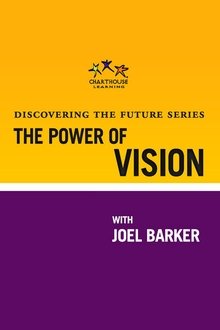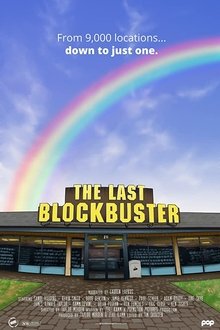In the late 1960s, Haddon Salt built a fast-food empire. Then Kentucky Fried Chicken came knocking.
Related Movies
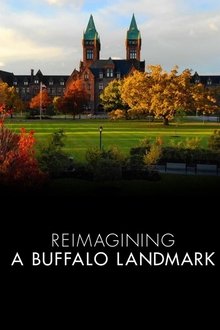
Reimagining A Buffalo Landmark (2019)
The Richardson Olmsted Campus, a former psychiatric center and National Historic Landmark, is seeing new life as it undergoes restoration and adaptation to a modern use.
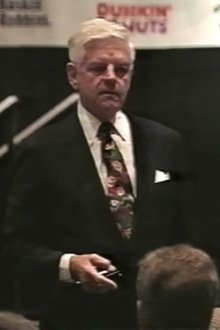
Don Beveridge - Customerization Seminar (1998)
Business speaker Don Beveridge brings his consulting expertise to a corporate engagement for Burger King, Baskin-Robbins, Dunkin' Donuts, Togo's and more.

The Corporation (2003)
Since the late 18th century American legal decision that the business corporation organizational model is legally a person, it has become a dominant economic, political and social force around the globe. This film takes an in-depth psychological examination of the organization model through various case studies. What the study illustrates is that in the its behaviour, this type of "person" typically acts like a dangerously destructive psychopath without conscience. Furthermore, we see the profound threat this psychopath has for our world and our future, but also how the people with courage, intelligence and determination can do to stop it.

Crocodile in the Yangtze (2012)
Crocodile in the Yangtze follows China's first Internet entrepreneur and former English teacher, Jack Ma, as he battles US giant eBay on the way to building China's first global Internet company, Alibaba Group. An independent memoir written, directed and produced by an American who worked in Ma's company for eight years, Crocodile in the Yangtze captures the emotional ups and downs of life in a Chinese Internet startup at a time when the Internet brought China face-to-face with the West. Crocodile in the Yangtze draws on 200 hours of archival footage filmed by over 35 sources between 1995 and 2009. The film presents a strikingly candid portrait of Ma and his company, told from the point of view of an “American fly on a Chinese wall” who witnessed the successes and the mistakes Alibaba encountered as it grew from a small apartment into a global company employing 16,000 staff.
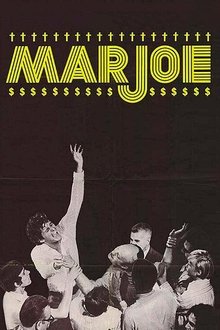
Marjoe (1972)
Part documentary, part expose, this film follows one-time child evangelist Marjoe Gortner on the "church tent" Revivalist circuit, commenting on the showmanship of Evangelism and "the religion business", prior to the start of "televangelism". Preserved by the Academy Film Archive in 2005.

Wal-Mart: The High Cost of Low Price (2005)
This documentary takes the viewer on a deeply personal journey into the everyday lives of families struggling to fight Goliath. From a family business owner in the Midwest to a preacher in California, from workers in Florida to a poet in Mexico, dozens of film crews on three continents bring the intensely personal stories of an assault on families and American values.
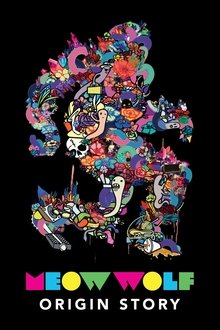
Meow Wolf: Origin Story (2018)
When a group of young DIY artists in Santa Fe can’t find a door into the art world, they blow open an entirely new portal with their grit, passion, and tenacity. Within just a few short years – and with a little help from George R.R. Martin – this group called Meow Wolf ultimately hits a cultural nerve and garners massive, unexpected success with their exhibit, House of Eternal Return.
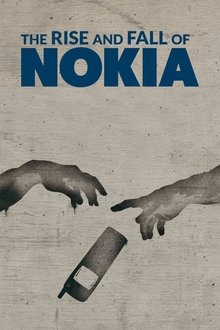
Nokia Mobile: We Were Connecting People (2017)
Once upon a time there was a large Finnish company called Nokia that manufactured the world’s best and most innovative mobile phones. Nokia’s annual budget was larger than that of the Government of Finland and their phones spread everywhere and changed the whole culture of communication. But then something changed. Film portrays the rise and fall of Nokia and the Finnish mobile phone industry. Nokia engineers, designers and managers tell their story about the creation, success and downfall of the Finnish mobile phone.
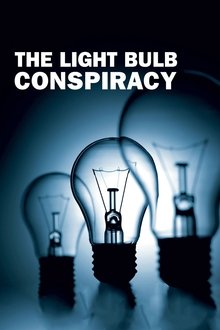
The Light Bulb Conspiracy (2010)
Once upon a time... consumer goods were built to last. Then, in the 1920’s, a group of businessmen realized that the longer their product lasted, the less money they made, thus Planned Obsolescence was born, and manufacturers have been engineering products to fail ever since. Combining investigative research and rare archive footage with analysis by those working on ways to save both the economy and the environment, this documentary charts the creation of ‘engineering to fail’, its rise to prominence and its recent fall from grace.
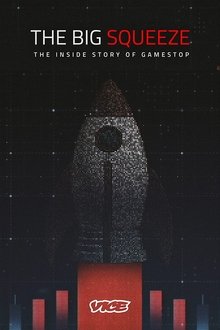
The Big Squeeze (2021)
The computer game chain GameStop created so much chaos in the stock market that it forced large hedge funds to their knees. How could it happen? Here we follow different people who were brought together during 2020 because of their interest in GameStop's future. Some had invested in the chain's stock, others wondered about it. While the chain's employees trusted that the company would pay their salaries at a time when millions of people went bankrupt and became unemployed.
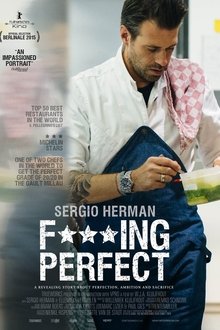
Sergio Herman, Fucking Perfect (2015)
Master chef Sergio Herman feels he needs to let go of his 3-star restaurant Oud Sluis in order to fulfill his dreams. A revealing story about perfection, ambition and sacrifices.

Laboratory Greece (2019)
A journey through Greece and Europe’s past and recent history: from the Second World War to the current crisis. It is a historical documentary, a look into many stories. «If Democracy can be destroyed in Greece, it can be destroyed throughout Europe» Paul Craig Roberts
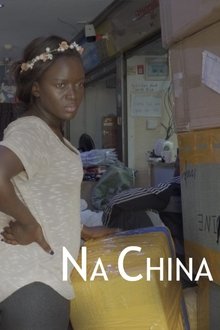
NA China (2020)
The implantation of African traders in Guangzhou is a recent phenomenon, on which Marie Voignier reports through her interlinking portraits of Jackie, Julie, Shanny who have come to set up their business on site. Amidst the monstrous accumulation of merchandise on the endless markets of the megacity, the film follows these African businesswomen grappling with the globalised Chinese economy.
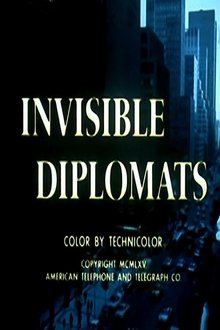
Invisible Diplomats (1965)
The film revolves around the daily operations at a business switchboard, highlighting the interactions between Connie, Kelly, and their colleagues. Connie is excited about her boyfriend Brad's success in securing a significant deal, while Kelly shares her frustrations about the inefficiencies at the switchboard. The dialogue illustrates the importance of communication and professionalism in business, emphasizing how switchboard operators, though often unseen, play a crucial role in maintaining a positive company image and facilitating important calls. The narrative concludes with Connie preparing for a date with Brad, reflecting on the significance of their work.
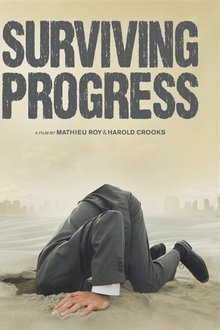
Surviving Progress (2011)
Humanity’s ascent is often measured by the speed of progress. But what if progress is actually spiraling us downwards, towards collapse? Ronald Wright, whose best-seller, “A Short History Of Progress” inspired “Surviving Progress”, shows how past civilizations were destroyed by “progress traps”—alluring technologies and belief systems that serve immediate needs, but ransom the future. As pressure on the world’s resources accelerates and financial elites bankrupt nations, can our globally-entwined civilization escape a final, catastrophic progress trap? With potent images and illuminating insights from thinkers who have probed our genes, our brains, and our social behaviour, this requiem to progress-as-usual also poses a challenge: to prove that making apes smarter isn’t an evolutionary dead-end.
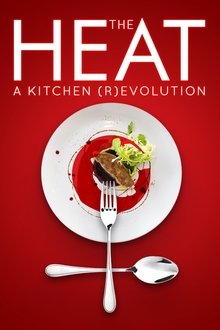
The Heat: A Kitchen (R)evolution (2018)
In restaurant kitchens, tight quarters, high pressure and hot tempers combine to create toxic conditions that make it difficult for anyone to survive, let alone climb the ladder to head chef. For women, the situation is even worse. Running a successful restaurant is a daunting challenge, even more so when the odds are stacked against you. But as women take charge at more of the world's top dining establishments, a cultural shift is dismantling the macho environment that made celebrities out of "bad boy" chefs. From New York City's star chefs Anita Lo and Amanda Cohen to the queen of French cuisine Anne-Sophie Pic, seven chefs share their struggles to overcome a system of inequality and harassment while delivering delicious dishes and redefining the dining experience. An appetite for change has taken hold and there's no turning back
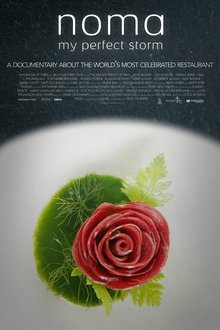
Noma: My Perfect Storm (2015)
A creative journey into the unique mind of René Redzepi, chef and co-owner of Noma, voted best restaurant in the world four times.
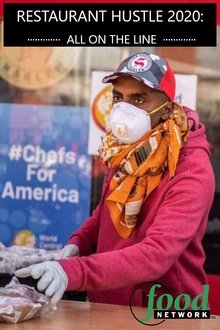
Restaurant Hustle 2020: All On The Line (2020)
Like many businesses, the restaurant industry has been hard hit by COVID-19. This timely film, directed and executive produced by Guy Fieri and Frank Matson, intimately chronicles the impact of the pandemic on the restaurants of four chefs familiar to viewers of The Food Network: Antonia Lofaso, Marcus Samuelsson, Maneet Chauhan, and Christian Petroni. Unfolding as the COVID-19 outbreak sweeps across the US, Restaurant Hustle 2020: All on the Line follows these chefs as they face the reality of shutting down, laying off staff, and finding alternate ways to save their beloved restaurants and industry.
